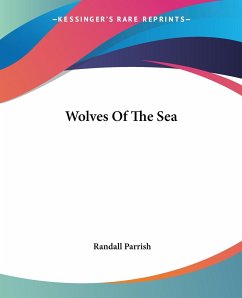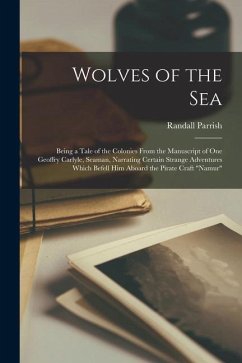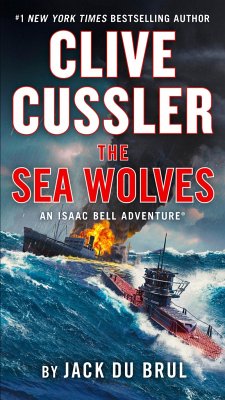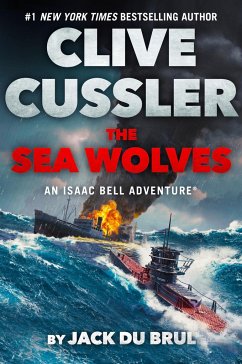George Randall Parrish (1858-1923) was an American lawyer, journalist, and writer, best known for his dime novels such as Wolves of the Sea (From the Manuscript of One Geoffry Carlyle, Seaman, Narrating Certain Strange Journey That Befell Him Aboard the power source Pirate Craft "Namur"). Parrish was the only son of Rufus Parker and Frances Adeline (Hollis) Parrish and was born in Kewanee, Illinois. On June 10, 1858, he was born in "Rose Cottage," which later became the location of the city's Methodist Episcopal church. The old family house was in Gilmanton, New Hampshire, but Parrish' parents relocated to Kewanee from Boston, where Rufus Parker Parrish was a businessman and important anti-slavery activist with William Lloyd Garrison and others. Both parents knew many prominent Bostonians of the time, such as Henry Wadsworth Longfellow, Oliver Wendell Holmes, Sr., John Greenleaf Whittier, Wendell Phillips, and Ralph Waldo Emerson. The Parrish family arrived in Kewanee, then a mere excuse for a community, in April 1855, with the husband working at the pioneer store of Morse & Willard, which was located at the corner of Main and Fourth streets. Later, the firm was renamed Parrish & Faulkner, and the company was eventually sold to Elias Lyman, serving as the foundation for the huge department store Lyman-Lay Company.














